The tectonic plates are moving – and not before time.
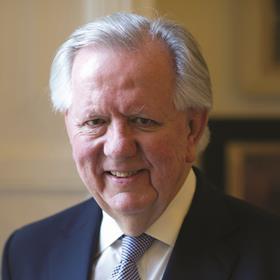
The government has been the butt of every media hack since the virus first arrived, and for the first 10 weeks, frankly, most of us could see that they were actually doing fairly well in what every country was discovering was completely virgin territory.
But dating probably from the day Boris was carted off to hospital, and Dominic Raab was notionally but never actually in charge, the wheels started to come off the government’s wagon. While Boris was away, the government dithered – and when he came back, he certainly didn’t look or sound like ‘Boris the election winner’ or ‘Boris the Brexit deliverer’. He hardly appeared on our screens, and when he did he was half the man he had been last December.
Hardly surprising, since he was clearly still recovering from a very nasty dose of Covid, coupled with a new baby ensuring that he probably wasn’t getting an uninterrupted night’s sleep. And while this sense of a rudderless government continued, battle lines were drawn between the hawks led by Rishi Sunak, who were desperate to kick-start the economy, and the doves led by Matt Hancock, who were all for sticking to the science.
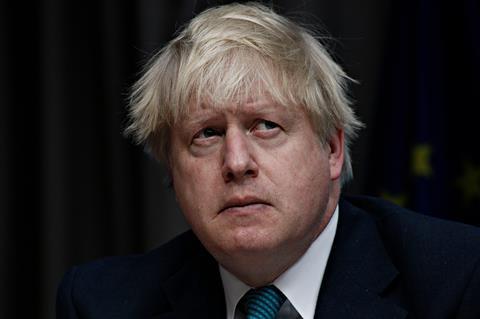
Meanwhile, we generally law-abiding members of the public were honouring the ridiculous 2m rule in the breach. Shoppers dutifully queued at 2m distances outside their local supermarket while their neighbours passed within six inches of them on their way to the take-out coffee shop. And that Bournemouth beach was more crowded a week ago than it ever was at the height of a normal English summer.
All this must have made it pretty obvious that the government had been successful in scaring us all into believing we had to stay at home to save our (never ‘the’) NHS, but that after three months of restrictions we simply weren’t scared enough any more. And we were right. I have said before that the cure was rapidly proving to be worse than the disease.
Lasting damage
There are more than 66 million people living in the UK – the 22nd most populous country in the world. Around 43,000 people have died of Covid-19, of whom the overwhelming majority were over 80, many of these over 85, with serious underlying health conditions.
We have so far lost less than 0.1% of the population. Every death is a tragedy, and I don’t want to appear callous, but think about those statistics and the damage we are doing to the millennial generation and their children and children’s children.
So now, at last, we’re down to 1m. There’s a reasonable prospect of some degree of normality returning, albeit not for a long while. And I sense inside No 10, new, tougher recognition that we may have to see regional lockdowns – such as in Leicester – when there are local spikes, but unless the NHS nationally is overwhelmed by a second wave, we will simply ride it out rather than lock down again.
And that is exactly the right response. We have to see this painful episode out until either there’s a vaccine, or more effective treatment for those with the virus, or both. That means we can only really think about recovering to pre-Covid levels at least eight quarters from now – sometime in early 2022.
Meanwhile, countless thousands will surely lose their jobs, a generation of young people will have no vacancies to apply for, and businesses will be harvesting their cash while they rebuild their own balance sheets. Intu is just the first major retail casualty. Office owners will face significant rent reductions if they’re lucky; if they’re not, they’ll simply have no tenants.
Housebuilders will want for customers because they’re out of work and bankers’ bonuses won’t be enough to keep them in Dom Pérignon. Fasten your seat belt: it’s going to be a tough ride.
Steve Norris is chairman of Soho Estates and This Land






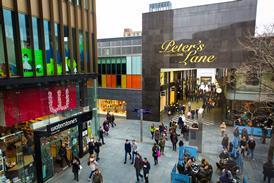
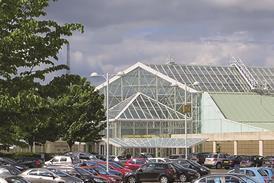




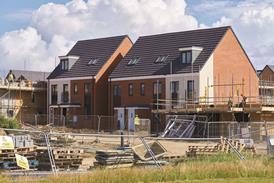












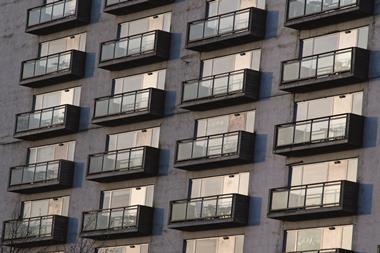





No comments yet